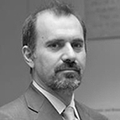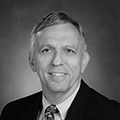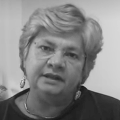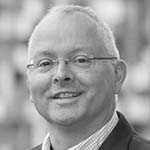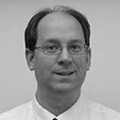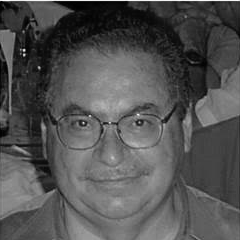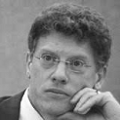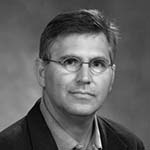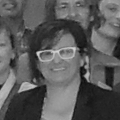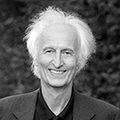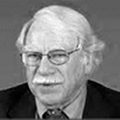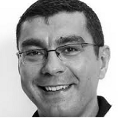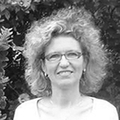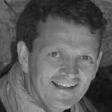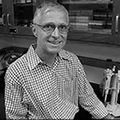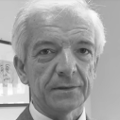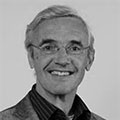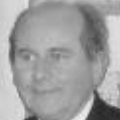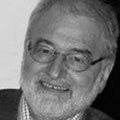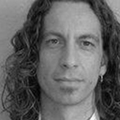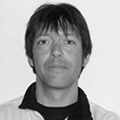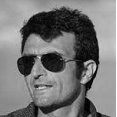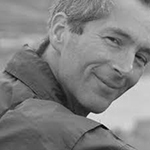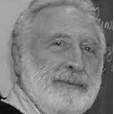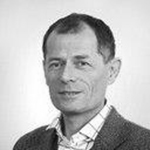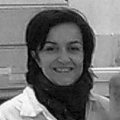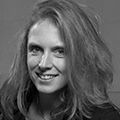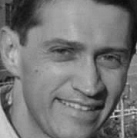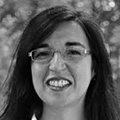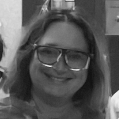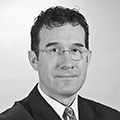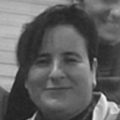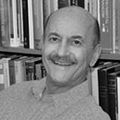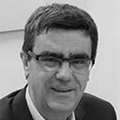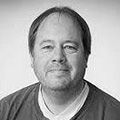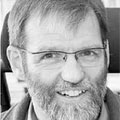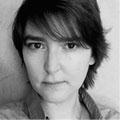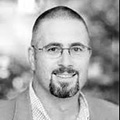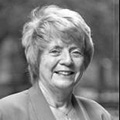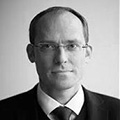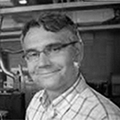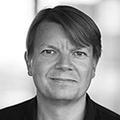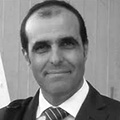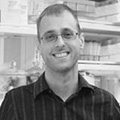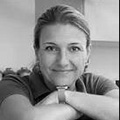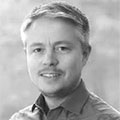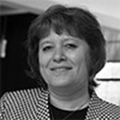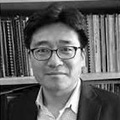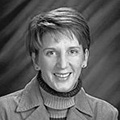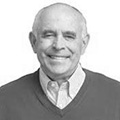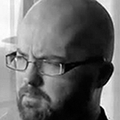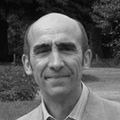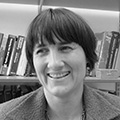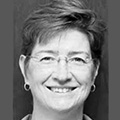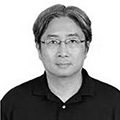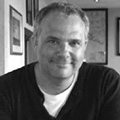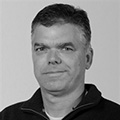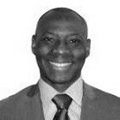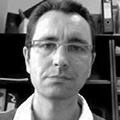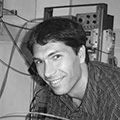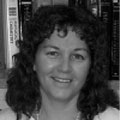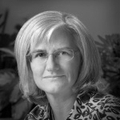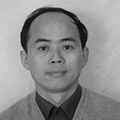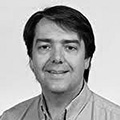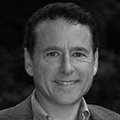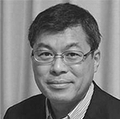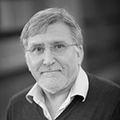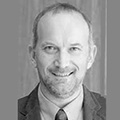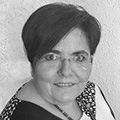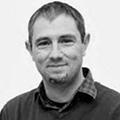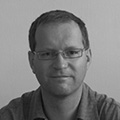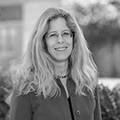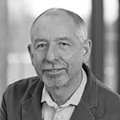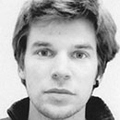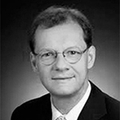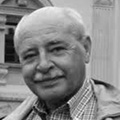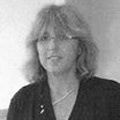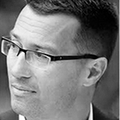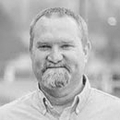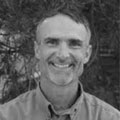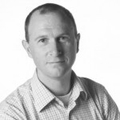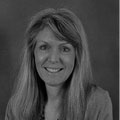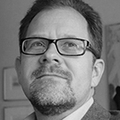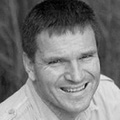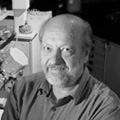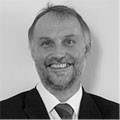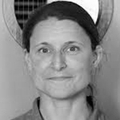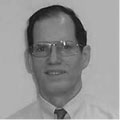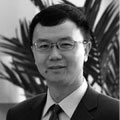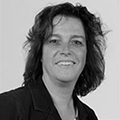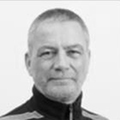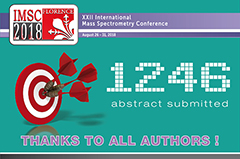
Workshops
Workshops on different "hot" and high interest topics will be organized during the conference. In an informal atmosphere, participants will be encouraged and invited to talk and debate on different angles of a topic.
IMSC 2018 workshops are organized from Monday August 27th 2018 to Wednesday August 29th 2018 5:15 pm - 7:00 pm
Access to the workshops is free of charge, no registration is required.
MONDAY, AUGUST 27TH
WKS-M1: Mass Spectrometry in Virology
Organizer:

|
Günter Allmaier |
| Vienna University of Technology | |
| Vienna (Austria) |
The detailed characterization starting from intact viruses (e.g. human rhino virus), viral gene therapy platforms (e.g. lentivirus or adeno-associated virus) or vaccine (e.g. virus-like particles from human papilloma virus or modified influenza viruses) species down to functional protein complexes derived from viruses and individual proteins or lipids is gaining more and more importance due the improved instrumentation and new combinations of them. Even the interaction of antibodies or antibody fragments with viruses is of general interest in virology. More and more different virus species (e.g. Noravirus variants) are emerging and are connected to certain diseases. So they are coming into the focus of biomedical as well as biotechnological research. The same holds true for vaccine particles, virus-like particles and advanced viral gene therapy particles, all belonging to the group of bionanoparticles, due to the fact that detailed physicochemical characterization of viral nanoparticles is required by EMA, FDA and other authorities. So emerging techniques, methods and strategies based on mass spectrometry will be presented even if not fully developed and discussed.
MONDAY, AUGUST 27TH
WKS-M2: Police Casework – successes and Challenges from an Academic Perspective
Organizer:

|
Simona Francese |
| Sheffield Hallam University | |
| Sheffield (UK) |
Translational research is at the heart of every researcher that seeks to make an impact on society rather than keeping their research at the level of an academic exercise.
In order to translate academic research into a forensic tool that is operationally deployable, academics need a strong interaction with the end users (practitioners, law enforcement agencies etc..). This interaction is aimed to the development of technologies that withstand court scrutiny and meet law requirements for collection, storage and treatment of the evidence.
This interaction lasts for as long as a controlled vocabulary is also employed to enable both parts to understand issues, desirables, and solutions in a synergic approach.
This workshop covers all aspect of the challenges of such interaction and collaboration from an academic perspective. From networking, to fostering contacts, technological development, pseudo-operational trials and integration in the forensic workflow, this workshop surveys successes, failures and hopes in the application of academic research to police casework from the first step to full deployment.
MONDAY, AUGUST 27TH
WKS-M3: Environmental Mass Spectrometry – From Trace Analysis to Effect Assessment
Organizer:

|
Marc Suter |

|
Jennifer Schollee |
| Eawag - Swiss Federal Institute of Aquatic Science and Technology |
Eawag - Swiss Federal Institute of Aquatic Science and Technology |
||
| Dübendorf (Switzerland) | Dübendorf (Switzerland) |
Environmental Mass Spectrometry has evolved from simple trace analysis, allowing the detection and quantification of a limited set of pollutants, to where it is now possible to monitor thousands of chemicals in a data-independent way. One major challenge in this is the annotation of unknown features found in a sample. Thanks to current highly accurate and high resolution instrumentation, experimentally determined accurate mass, isotope distribution, MS/MS spectra and physico-chemical information obtained from sample preparation and interaction with the chromatographic phase, facilitates the structural identification of unknowns. Furthermore, when chemical samples are linked to biological effects, using e.g. in vitro assays, in what is called effect-directed analysis (EDA), information is gained that allows i) focusing on samples with (adverse) environmental effects and ii) unraveling the molecular mechanisms of toxic action.
This workshop will cover strategies used and challenges encountered when trying to identify unknown compounds in environmental matrices, and applying effect-directed analysis.
MONDAY, AUGUST 27TH
WKS-M4: Are MS-based methods fit for purpose?
Organizer:

|
Lorens P. Sibbesen |

|
| Eurachem Method Validation Working Group |
||
| Chair of MVWG |
Mass Spectrometry (MS) has developed tremendously over the years and thousands of scientists are currently finding new ways of applying and exploiting the principles for new purposes in many different fields.
The question is however, whether MS-based methods are always fit for purpose.
That is, will the laboratory be able to deliver useful and reliable results to the end-user by applying methods based on this highly advanced technology?
Analytical chemistry is basically about solving a problem by identifying an appropriate method, carefully performing the method on the given samples (including sample preparation), and then issuing the result. But analytical chemistry constantly faces new challenges in terms of requests for analysis of new parameters in complex samples at lower and lower levels. Scientists keep pace with these challenges by coming up with increasingly sophisticated (and sensitive) analytical techniques. Mass spectrometry has proven to be applicable for a wide variety of analytical tasks.
The question is whether MS-based methods, useful for solving specific analytical tasks in the R&D laboratory, can also be applied in routine testing laboratories. Are these methods “fit for the purpose” and how do we demonstrate that through validation?
This workshop will give a brief introduction on:
- What we mean by "Fitness for Purpose" (based on the Eurachem Guide)
By/ MSc. Lorens P. SIBBESEN, LAB Quality Int., Denmark (chair of MVWG) - An example of validation of an MS-based method
By/ Dr.Burcu BİNİCİ, Senior Researcher, UME/TÜBİTAK, Turkey - Challenges in validating MS-based methods
By/ Dr. Perihan YOLCI OMEROGLU, Uludag University, Bursa, Turkey
Based on the introduction, the workshop will give participants the opportunity to discuss challenges and experiences in the field.
(The Eurachem "Fitness for Purpose" guide can be downloaded from www.eurachem.org )
TUESDAY, AUGUST 28TH
WKS-T1: Careers in Mass Spectrometry
Organizer:

|
Jackie Mosely |
| Durham University | |
| Durham (UK) |
Our aim is to illustrate the wide variety of career options and debate the future requirements for the "expert" user by inviting 3-4 significant mass spectrometrists from diverse scientific and internationally widespread backgrounds to provide short presentations describing their career paths.
We will also invite experts from the mass spectrometry recruitment sector to be present to discuss the many options for mass spectrometry careers, the current market demand for mass spectrometry skills and more broadly analytical sciences
TUESDAY, AUGUST 28TH
WKS-T2: Transforming Drug Discovery and Clinical Biomarker Bioanalysis: It's Time for a Paradigm Shift from SRM to HRMS
Organizer:

|
Ragu Ramanathan |
| Pfizer Inc. | |
| Groton, CT (USA) |
To understand the state of high resolution mass spectrometry (HRMS) for characterization and quantification of drug discovery and clinical biomarkers, a survey will be conducted before the IMSC 2018. Based on survey results, the presentation will summarize anticipated trends and will serve as an introduction to the workshop.
Following the introduction, panel presentations from five Pharmaceutical industry/Academic speakers (30-45 minutes) will address the current status and future expectations of working with HRMS platforms for characterization and quantification of biomarkers. Following the panel presentations, in the remaining 30-45 minutes, the audience and the panel presenters will actively engage in scientific discussion regarding opportunities and limitations of using HRMS platforms for qualitative/quantitative biomarker applications.
TUESDAY, AUGUST 28TH
WKS-T3: Integration of Native MS with Structural Biology Methods
Organizers:

|
Michal Sharon |

|
Frank Sobott |
| Weizmann Institute of Science | University of Leeds | ||
| Rehovot (Israel) | Leeds (UK) |
This workshop aims to provide a platform for discussion on the means by which Native MS can be integrated with other Structural Proteomics and Structural Biology Techniques. While each method has its own advantages and limitations, here we will focus on their enhanced value in combination: a whole that is more than the sum of its parts. The workshop will include up to 6 short presentations, each will be followed by an audience-driven discussion with the opportunity to ask questions to peers and a panel of experts.
WEDNESDAY, AUGUST 29TH
WKS-W1: MS-Based Techniques for the Characterization of Nanomaterials in Food, Biological and Other Complex Matrices
Organizers:

|
Francesco Cubadda |

|
Stefan Weigel |
| ISS-Italian Institute of Health |
BfR-Federal Institute for Risk Assessment |
||
| Rome (Italy) | Berlin (Germany) |
Thorough characterization of nanomaterials is essential for establishing their physicochemical identity and for assessing their functional properties and potential toxicological hazards, which are both dependent on physicochemical characteristics. Electron microscopy is essential for imaging of nano-objects and studying their morphology. However, especially for the study of nanoparticles in food, biological and other complex matrices, the use of a multi-method approach is crucial, since at the moment no individual method alone is able to cover the whole necessary size range and all the different types of nanomaterials.
State-of-the-art mass spectrometric techniques for the analytical determination of nanoparticles in dispersion and (after proper sample preparation) in complex matrices have recently become available. Relevant examples are single particle ICP-MS and Asymmetric Flow Field Flow Fractionation (AF4) coupled with different detectors (UV, DLS, MALS) and ICP-MS. Techniques based on atomic mass spectrometric are element-specific (i.e. provide information on the chemical identity) and have the potential to measure size, size distribution, number concentration, mass concentration of particles (and in some instances concentration of the dissolved fraction, if present). Furthermore, the use of molecular mass spectrometry for the characterisation of organic nanoparticle components has been explored, e.g. MALDI-ToF-MS and ToF-SIMS.
The workshop aims to provide a platform for discussion on the prospects of MS-based techniques for the characterization of nanomaterials and the impact they may have on scientific and regulatory developments, e.g. on nanomaterials in food.
WEDNESDAY, AUGUST 29TH
WKS-W2: Mass Spectrometry in Microbiology
Organizer:

|
Vladimír Havlíček |
| Academy of Sciences of the Czech Republic | |
| Prague (Czech Republic) |
The workshop covers many aspects of MS in microbiology, and in particular:
- Overview of ribosomal typing by MALDI-TOF;
- Dereplication of microbial compounds from mass spectrometry imaging datasets by Metaspace
- Microbial metabolomics
- Non-invasive diagnosis of aspergillosis in a rat model by molecular mass spectrometry plus CycloBranch
dereplication tool - Free talks and roundtable discussion
WEDNESDAY, AUGUST 29TH
WKS-W4: The EU_FT-ICR_MS network
Organizers:

|
Carlos Cordeiro |

|
Christian Rolando |
| Universidade de Lisboa Faculdade de Ciências |
Université de Lille Faculté des Sciences et Technologies |
||
| Lisboa (Portugal) | Villeneuve d'Ascq (France) |
The aim of this workshop is to present the opportunities offered by the European Network of Fourier-Transform Ion-Cyclotron-Resonance Mass Spectrometry Centers (EU_FT-ICR_MS, http://www.eu-fticr-ms.eu/) which is an infrastructure funded by the EU Horizon 2020 program (Grant 731077). The network includes 3 companies and 11 academic centers which cover all The FT-ICR MS application fields from 8 European countries. In the workshop the main actions of the EU_FT-ICR_MS will be illustrated by the group leaders of the different centers or companies:
- Trans National Access to provide the EU academic, SME and industrial communities' with access to world-class FT-ICR MS centers free of charge.
- Workshops and summer school to build an EU community of end-users and FT-ICR MS scientists.
- Development of open access to data and open source software for very high resolution data.
- New FT-ICR MS application fields by innovative and cooperative research between European FT-ICR MS academic scientists and private companies (instrumentation and software).
